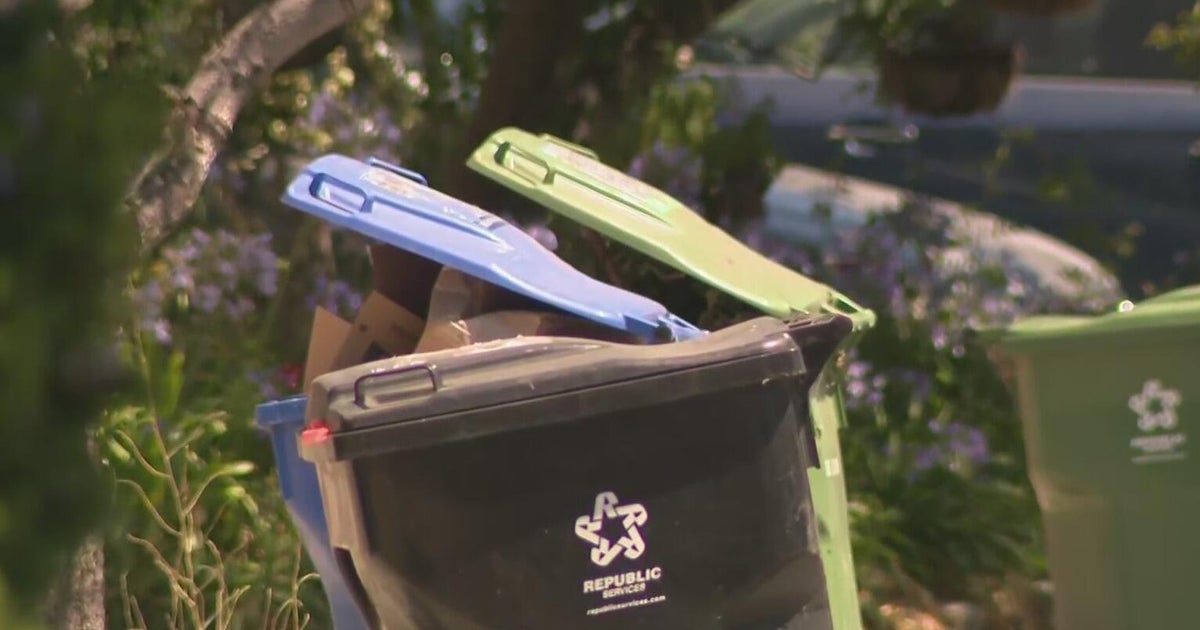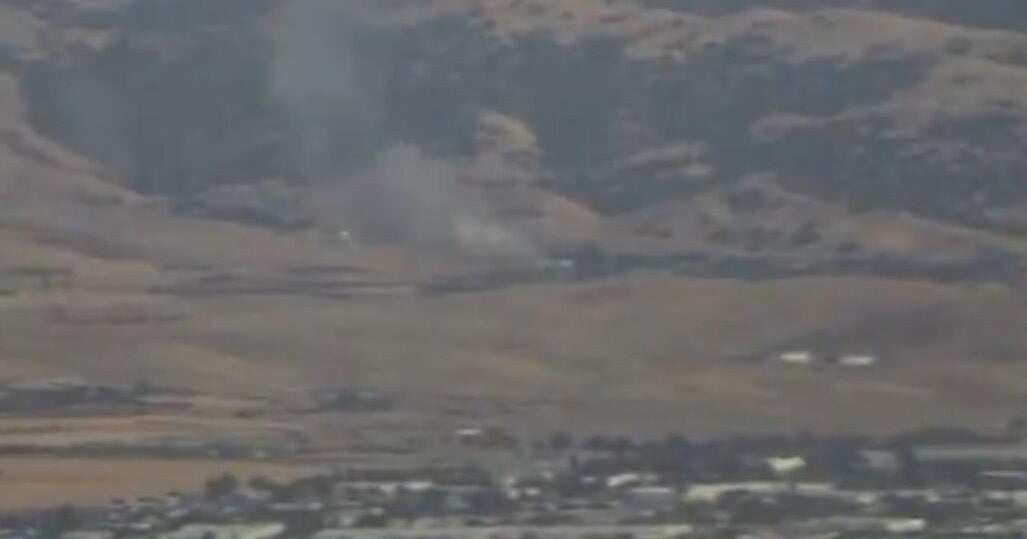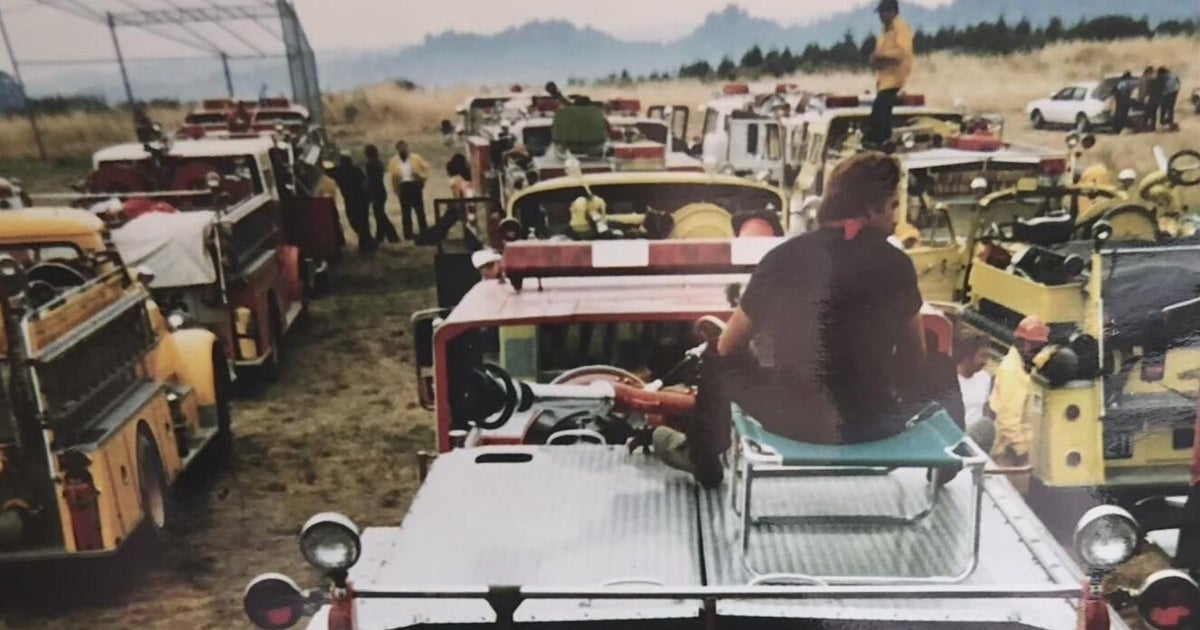Bay Area Scientists Develop Low-Cost Monitor to Measure Airborne Soot
OAKLAND (KPIX) -- A team of scientists may have found a way to monitor the air we breathe and its impact on global warming.
Black carbon -- commonly called soot -- pours out of trucks, trains, ships and power plants. It has been linked to premature deaths and climate change and, until recently, it has been hard to track.
In the East Bay, high levels of black carbon were found along Maritime Street by the Port of Oakland, which is just a few blocks from a pocket of homes. The concentration was measured using a new air monitor created by two local scientists.
To monitor black carbon, Julien Caubel and Troy Cados, with Distributed Sensing Technologies, developed an aerosol black carbon detector -- ABCD for short.
Caubel told KPIX, "Black carbon on its own is a large climate enforcer. After CO2, it's the most important climate enforcer that we emit."
Cados added, "Black carbon varies block to block and that warrants needing a network of sensors."
The two scientists developed a monitor priced low enough to be placed on every block in every neighborhood, so they decided to test the diverse community of West Oakland.
The highest black carbon levels were found when truck traffic was at its peak. The lowest levels were measured on Sundays at upwind sites, west of the freeway. Now they are working to create a smaller device that will be available to consumers.
"The central goal that we have is to make it easy to use like a cellphone and can be produced in those same numbers," Caubel said.
The two developers say, if communities set up the monitors, they will be able to detect the levels and pinpoint the origin of black carbon. The monitor is expected to be on the market by fall.




